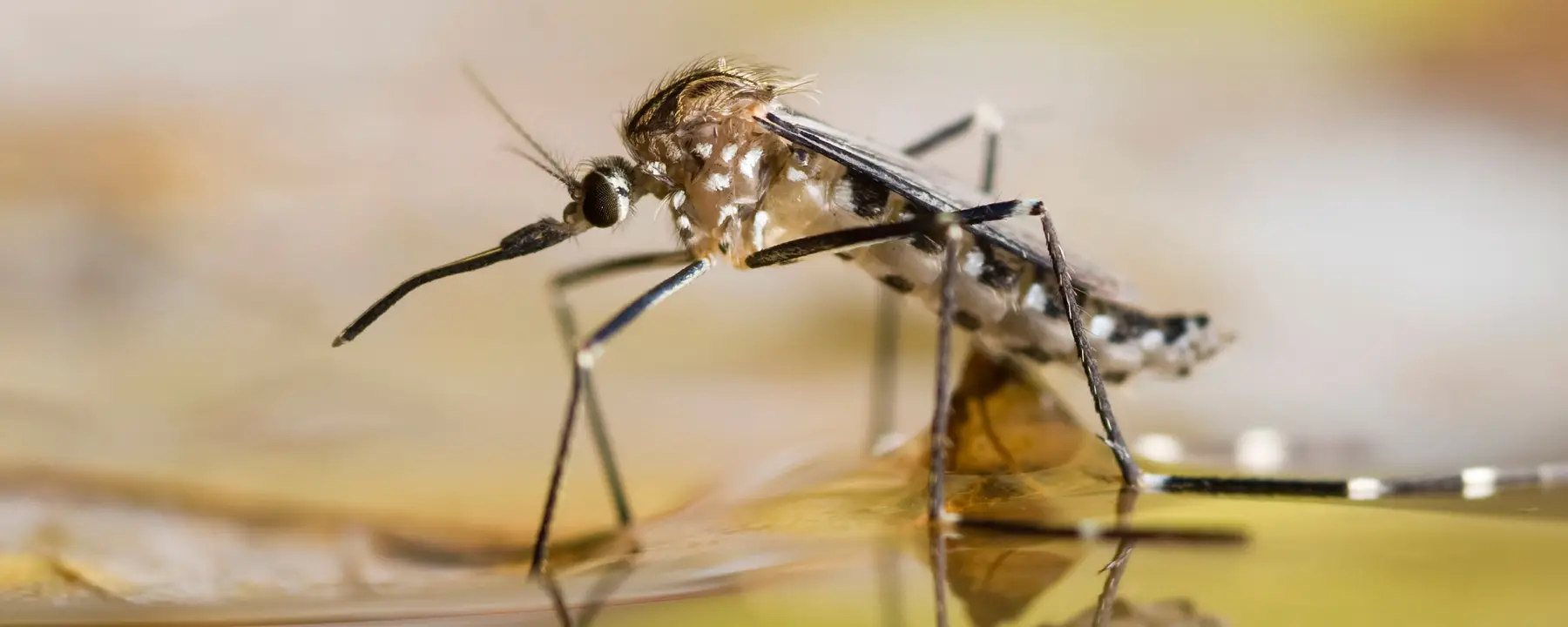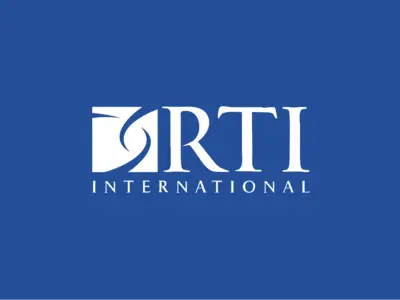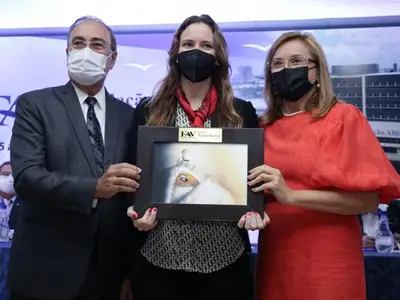Implementing a proactive, nimble approach to address many aspects of a global crisis
Estimating that 3–4 million people across the Americas will be infected by the Zika virus (ZIKV) in the next year, the World Health Organization (WHO) declared Zika a public health emergency of international concern in February 2016. While only one in five infected will get sick and some of those will demonstrate only mild symptoms, more serious conditions such as microcephaly, Guillain-Barre syndrome, and acute disseminated encephalomyelitis (ADEM) are being connected to the virus, which is primarily transmitted through the bite of an infected Aedes aegypti mosquito.
A vaccine is still potentially years away, leading the WHO to encourage countries to shift their focus from care for the individuals afflicted to bolstering the programs, systems, and processes needed to disseminate care to large numbers of cases.
To support this effort, we have put ourselves at the forefront in the race to learn more about the Zika infection. Our researchers recognize how critical it will be to gain a greater understanding of the health effects and treatment options in order to help equip world leaders with the information needed to enact policies and practices to address the virus.
Our expertise, global experience, and strong history in working with international governments make us uniquely qualified to respond to this outbreak. As part of that response, we are proactively pursuing important pilot studies.
Mobilizing Research on Detection, Transmission, Newborn Health, and Public Communications
Leveraging our longstanding commitment to the region and our mission of improving the human condition, we are self-funding a number of projects in Latin America. Vector control, which attempts to limit or eradicate insects that transmit diseases, is a critical prevention strategy for Zika. In Guatemala, we are funding studies to conduct unmanned aerial vehicle (drone) surveillance for Aedes aegypti breeding sites, creating risk communication materials, and performing adult cohort followup and biorepository.
We are also evaluating the costs of ZIKV prevention and control, conducting followup of infants with microcephaly birth defects in in Brazil, and examining potential aerosol transmission of the virus.
Among externally funded projects, we are providing assistance with study design, data collection support, and statistical analyses for an add-on to the REDS III project through the NIH. The objective is to give transfusion medicine experts and government officials more information to evaluate the need for blood screening implementation.
RTI will also serve as the data coordinating center for a five-site study that follows pregnant women through pregnancy and other children through their first two months of life. The program is an add-on of the Global Network project funded by NIH NICHD, and will take place in Puerto Rico, Guatemala, Colombia, and Brazil.
Our team will also support the CDC in the development of a communication campaign in response to the Zika outbreak. The first phase of the project will be conducted in Puerto Rico, the U.S. Virgin Islands, and American Samoa, while a second phase will be conducted in the Caribbean and Latin America, in coordination with the Pan American Health Organization.
Pursuing Innovative Approaches and Collaborating with U.S. Government Agencies with an Eye on the Future
To help offset the challenges posed by Zika, we are relying on our talent, background, and experience combatting global infections to help with the ZIKV crisis. We are compelled to fund much of the research we are conducting and calling on our relationships with governmental agencies to exhaust all options in chasing short-term answers and long-term solutions to this evolving challenge.
Related Projects
Pyriproxyfen Exposure and Its Impact on Human Health
Read More about Pyriproxyfen Exposure and Its Impact on Human Health














